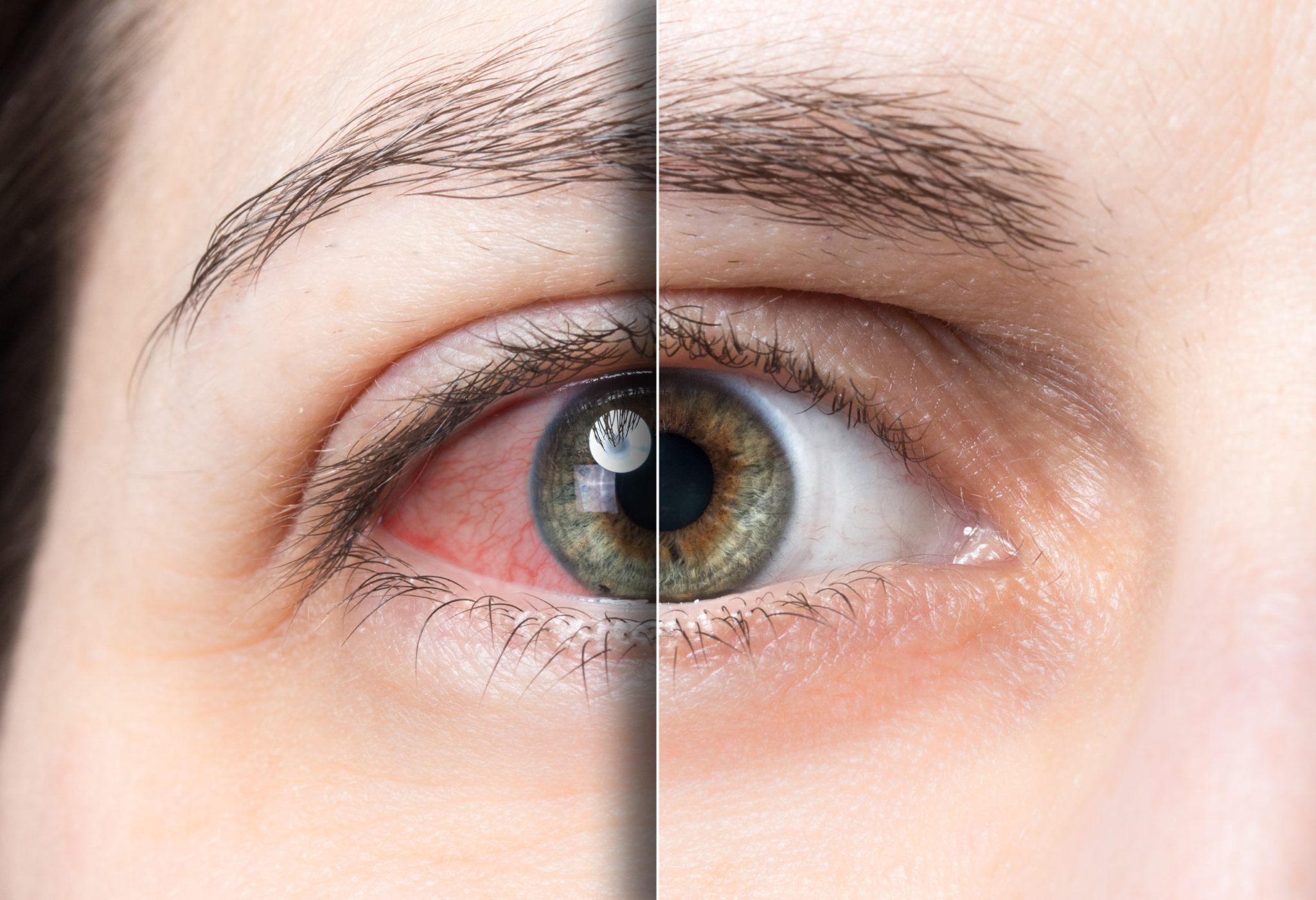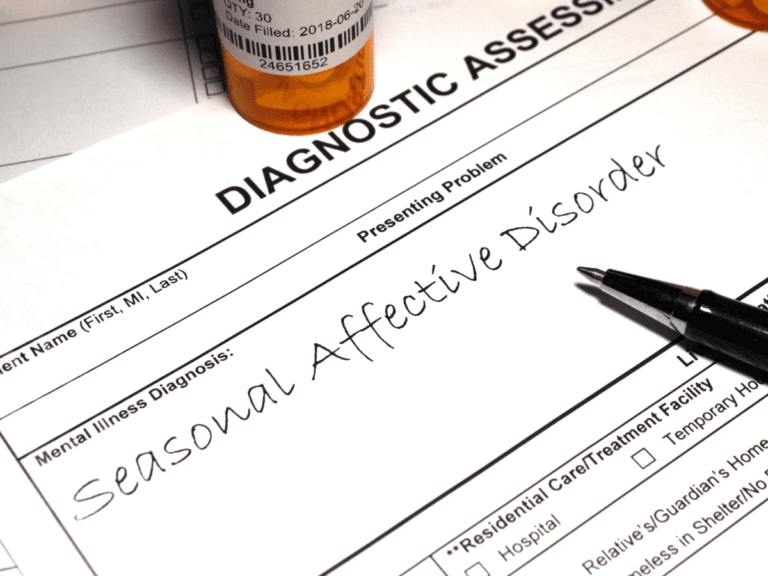
Although the mouth is a small cavity, its functions are central to good health. For example, the mouth is the gateway to the digestive system. It’s the first point that food is broken down mechanically and subjected to enzyme digestion in saliva. Failure to initiate digestion would compromise the entire process and lead to malnutrition. Other functions of the mouth include breathing, talking, tasting and swallowing.
Unfortunately, poor oral health is associated with complications in other systems of the body. Of concern is the association between poor oral health and cardiovascular diseases. Several studies have shown that people with poor oral hygiene are at risk of heart diseases like infectious endocarditis. Furthermore, the risk of disease is higher in people who have had a valve replacement. Therefore, the poignant question is, how can oral health support heart health?
Bacterial Infections
Several studies have shown similarities between bacterial infections in the mouth and heart infections. In fact, some of the bacteria responsible for gingivitis and periodontitis have been isolated from several infectious heart diseases. Furthermore, samples collected from atherosclerotic blood vessels have yielded bacteria predominant in the oral cavity.
In the evaluation of infectious endocarditis, one of the most significant risk factors is a history of oral infection. There is a possibility bacteria in the mouth find their way to the heart through the blood and cause infection within the heart.
Fortunately, antibiotic therapy has significantly decreased the risk of developing heart disease from oral infections. As a result, antibiotics are prescribed as a precaution for high-risk individuals like people with valve replacement and a history of valvular heart disease.
Autoimmune
Aside from direct bacterial infection, studies have shown that some oral infections initiate a cascade of inflammatory reactions that damage tissues in the heart. During an infection, the body develops antibodies to fight bacteria. However, some bacteria have components that mimic human tissue and serve as camouflage against the immune system. Unfortunately, some people develop antibodies regardless of tissue similarities. As a result, an immune response is initiated against tissues in the body. Unfortunately, the heart is sometimes caught in the crossfire, and patients develop tissue inflammations like carditis.
Rheumatic heart disease is a condition that develops after the body develops antibodies against its own tissues. In many cases, the situation is preceded by a bacterial infection supporting the theory that the autoimmune response is primed by bacterial invasion. Unfortunately, autoimmune injury is not limited to the heart. There is also joint involvement, nerve damage, and muscle tissue inflammation.
The Third Factor
Although there is a close association between oral health and heart disease, a third factor seems to be present in most cases. Smoking is a risk factor for oral diseases and heart diseases. Therefore, it’s not surprising that chronic cigarette smokers develop gingivitis and periodontitis alongside heart diseases. Furthermore, heart disease and oral disease outcomes are worse among smokers than non-smokers.
It is undeniable that proper oral hygiene promotes cardiac health. Furthermore, the management of periodontitis and gingivitis prevents the progression of heart inflammation. Therefore, it’s imperative to maintain practices that promote good oral hygiene. Here are some simple examples:
Brush regularly: Dentists recommend brushing your teeth at least twice a day. Furthermore, each session should take a minimum of two minutes using the right toothpaste and toothbrush.
Flossing: A minimum of one flossing session per day should be followed. Flossing has the advantage of clearing debris from areas beyond the reach of toothbrushes.
Eat well: A healthy balanced diet maintains good oral health. In addition, a healthy diet boosts immunity. Avoiding harmful items like sugary foods and carbonated beverages is also essential.
See your dentist: Regular dental visits are also imperative to maintain oral health and manage infections early.
Ultimately, good oral health promotes general health. Therefore, keep your mouth healthy.







